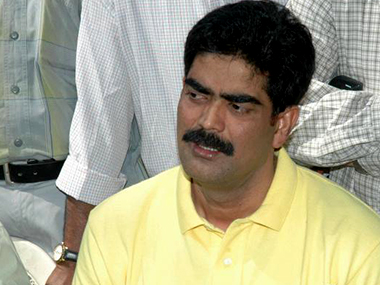New delhi: The Supreme Court today sought responses from controversial RJD leader Shahabuddin, sent back to jail by the top court, and Bihar government as to why he should not be shifted out of the state and kept in Tihar Jail from where trial in over 45 cases can be conducted through video conferencing.
A bench comprising Justices Dipak Misra and Amitava Roy granted four weeks to Shahabuddin and Bihar government to respond to two separate pleas filed by Siwan-based Chandrakeshwar Prasad alias Chanda Babu whose three sons were killed in two incidents and Asha Ranjan, wife of murdered journalist Rajdev Ranjan.
Rejecting Shahabuddin’s plea for grant of more time to file his response, the bench said “the concept of fair trial is not one-sided. You should be fair to other side also.”
Senior advocate Dushayant Dave, appearing for one of the petitioners, said Shahabuddin should give an undertaking that he would “not commit any crime” during his stay in Siwan jail.
The counsel for Shahabuddin vehemently opposed the plea and said that adequate time be given to him for filing reply.
Prashant Bhushan, appearing for Chandrakeshwar Prasad, said trials in over 45 cases against Shahabuddin have been stayed after he filed an application that he has no money and be provided legal aid.
Against this, Bihar government went in appeal in the Patna High Court and consequently, the proceedings were stayed. This is bizarre, Mr Bhushan said.
The lawyers also including Kislay Panday, appearing for the widow of the slain scribe, referred to a previous top court order by which another Bihar muscle-man politician, Pappu Yadav alias Rajesh Ranjan, was shifted out of Bihar and kept in Tihar Jail in Delhi from where trial proceeded through video conferencing.
Shahabuddin’s bail was cancelled by the top court last week setting aside the Patna High Court order granting him bail in a murder case, saying the discretion to release him must be applied in “judicious manner” and “not as a matter of course”.
PTI

